
PTSD in late life can result from trauma that occurred much earlier or can follow traumatic events that occurred for the first time in old age.

PTSD in late life can result from trauma that occurred much earlier or can follow traumatic events that occurred for the first time in old age.
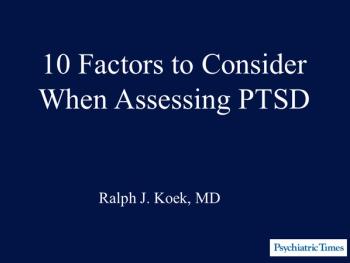
The author addresses some of the complexities in assessing and managing treatment-resistant PTSD.

Trauma-focused cognitive-behavioral therapy, pharmacotherapy, and combinations thereof. Expert guidance here.

The PBS series on the Vietnam war has evoked a flood of memories, and reminds me how far we’ve come in our understanding of PTSD- and how far we still have to go.

Recent events in Charlottesville are poignant reminders that the wounds caused by bigotry and racism leave a deep imprint on our spirit, bodies, and psyche.

Three new studies show exercise can improve cognitive function, psychotropics for PTSD may raise dementia risk, and 3 biomarkers can help predict cognitive decline in elderly persons.

The human-animal relationship can provide insight into the patient’s ability to connect, to interact, and to show care and empathy. Plus, companion animals tend not to breach confidentiality.
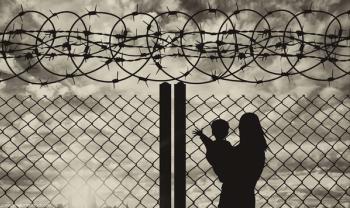
Here's a close look at the psychological toll of years of trauma among Syrian refugees.

The Research Domain Criteria (RDoC) program: how it evolved, clinical applications, and goals.

Strategies to reduce aggression in psychiatric treatment settings.

The Psychiatric Transition Program at the Naval Medical Center in San Diego is a specialized first-episode psychosis program that provides coordinated specialty care to active-duty service members with serious mental illness.

Here's an overview of motivation for assaults by chronically aggressive inpatients and steps to de-escalate.
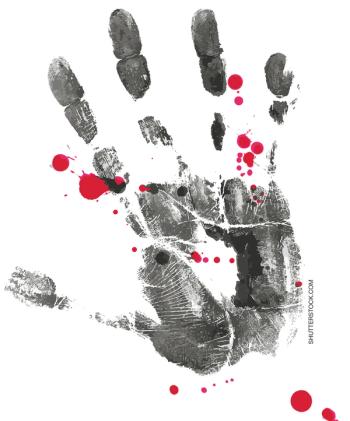
There is no predictive tool that is likely to have validity for rare outcomes such as terrorist attacks. More here.

A brief overview of the many trials that have asked this weighty question.

American psychiatry is on the cusp of recognizing and tackling both physician burnout and climate change.
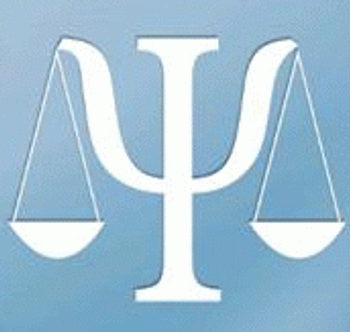
Are mind-body treatments really effective in treating PTSD? Find out in this quiz.
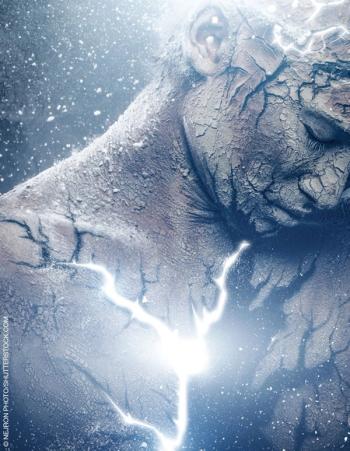
These methods facilitate deep rest, help reset circadian rhythm, and release endogenous opioids and cannabinoids that help reduce anxiety and enhance a sense of well-being for people with PTSD.

Is taking a medical history from a victim of human trafficking similar to taking a history from any other patient? Find out in this quiz.
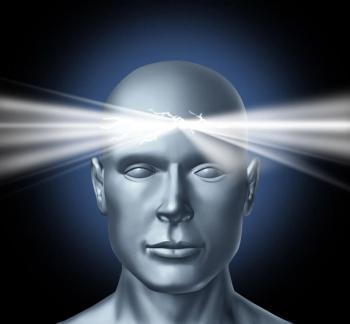
Will novel treatments from around the world be treats or tricks? Whatever they turn out to be, they are as fascinating and varied as Halloween costumes.

When did the US Supreme Court confirm the authority of states to intervene in family relationships to protect children? Find out in this quiz.

Here's a summary of 9 recent articles on cognitive behavioral and mindfulness-based treatments, selected for their their clinical relevance, applicability, and quality.
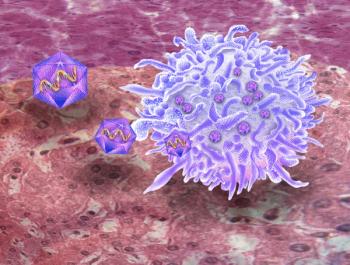
Because over half of persons with HIV infection have a lifetime history of depression or bipolar disorder, psychiatrists are uniquely positioned to provide both preventive and therapeutic interventions to vulnerable patients.

Of the 3.6 million military personnel deployed to Operation Iraqi Freedom and Operation Enduring Freedom, over half are married and about 53% are parents. As these veterans return home, the process of reintegration can have a variety of effects.
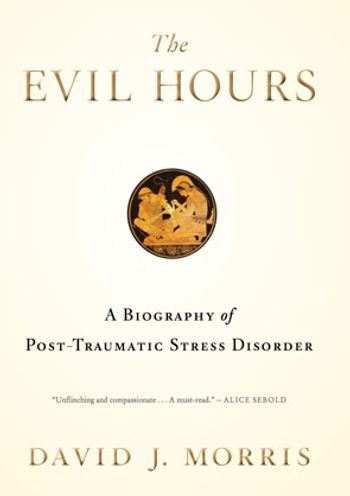
A Q&A with David J. Morris, author of The Evil Hours, a moving biographical book based on a young veteran’s experience with PTSD.

There is no one-size-fits-all solution to how people and cultures should respond to overwhelming stress, depression, and trauma.